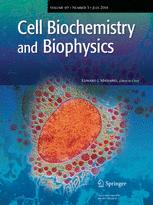 The Indian Society of Periodontology has changed their editorial policy as the result of an author who had “neither taken adequate permission from nor given due acknowledgement to all authors concerned.”
The Indian Society of Periodontology has changed their editorial policy as the result of an author who had “neither taken adequate permission from nor given due acknowledgement to all authors concerned.”
Now, any authors will be required to sign a contract acknowledging accountability for the content of the submitted paper, as well as be able to state the specific work contributed by each author.
Here’s the notice from the Journal of the Indian Society of Periodontology: Continue reading This retraction has teeth: Journal changes publication policy after discovering misconduct








